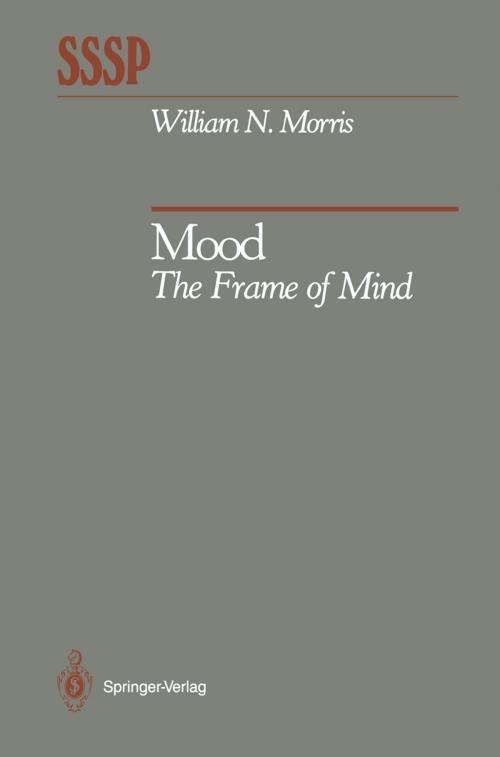| Author: | William N. Morris, Paula P. Schnurr | ISBN: | 9781461236481 |
| Publisher: | Springer New York | Publication: | December 6, 2012 |
| Imprint: | Springer | Language: | English |
| Author: | William N. Morris, Paula P. Schnurr |
| ISBN: | 9781461236481 |
| Publisher: | Springer New York |
| Publication: | December 6, 2012 |
| Imprint: | Springer |
| Language: | English |
This is a book about moods. Though I will define the term somewhat more carefully in Chapter 1, it might help to note here that I use the word "mood" to refer to affective states which do not stimulate the relatively specific response tendencies we associate with "emotions". Instead, moods are pervasive and global, having the capability of influencing a broad range of thought processes and behavior. My interest in mood was provoked initially by the empirical and conceptual contri butions of Alice Isen and her colleagues. What fascinated me most was the sugges tion first made in a paper by Clark & Isen (1982) that mood seemed to affect behavior in two very different ways, i. e. , mood could "automatically" influence the availabil ity of mood-related cognitions and, thereby, behavior, or mood, especially of the "bad" variety, might capture our attention in that if it were sufficiently aversive we might consciously try to get rid of it, a "controlled" or "strategic" response.
This is a book about moods. Though I will define the term somewhat more carefully in Chapter 1, it might help to note here that I use the word "mood" to refer to affective states which do not stimulate the relatively specific response tendencies we associate with "emotions". Instead, moods are pervasive and global, having the capability of influencing a broad range of thought processes and behavior. My interest in mood was provoked initially by the empirical and conceptual contri butions of Alice Isen and her colleagues. What fascinated me most was the sugges tion first made in a paper by Clark & Isen (1982) that mood seemed to affect behavior in two very different ways, i. e. , mood could "automatically" influence the availabil ity of mood-related cognitions and, thereby, behavior, or mood, especially of the "bad" variety, might capture our attention in that if it were sufficiently aversive we might consciously try to get rid of it, a "controlled" or "strategic" response.















